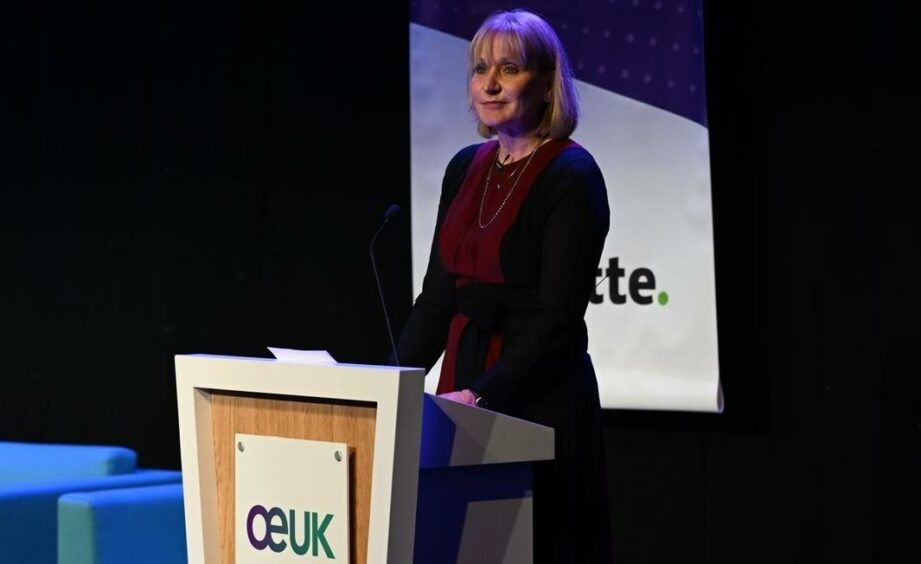
The chief executive of Offshore Energies UK has reinforced the need for a predictable fiscal regime in a letter to the energy secretary.
Deirdre Michie pointed out that previous windfall taxes have been accompanied by a drop off in investment, and called for stability to support firms in the long-term.
Last night ministers rejected plans to introduce a one-off levy on the profits of North Sea companies by 310 votes to 248, a majority of 62.
Labour lodged the amendment to provide “much-needed relief” for households from rampant inflation and spiking energy bills.
It comes after months of debate, sparked by a return to high oil and gas prices, on whether or not the government should hit the sector with a windfall tax.
Ms Michie told ministers that North Sea firms will already contribute £7.8 billion to the UK’s coffers for 2022/23.
That is the equivalent of £279 per household and is roughly equal to 1% of the nation’s entire tax revenue.
The £7.8bn payment is also a 20-fold increase on the sum forked out in 2020-21, when plummeting demand and prices led to most energy companies making multi-billion pound losses.
Commenting on the letter, Ms Michie said: “We are deeply concerned about the difficult circumstances facing UK consumers and our industry is committed to supporting the nation now and building a low-carbon future.
“We are proud that we are able to help by contributing a predicted £7.8 billion in UK taxes this year alone. Those payments, equivalent to £279 per home, can help the government soften the pressure for households. This year is not a one-off. Between 2021 and 2026-27 the OBR predicts our industry will pay around £23 billion in UK tax.
“This also shows the wider value of our industry to the country. Many European countries are facing energy shortages and the risk of energy rationing. The UK’s offshore resources, oil, gas and offshore wind, are helping protect us from similar crises. They boost our energy security as well as the Exchequer.
“Our industry and its supply chains also support 195,000 workers – whose skills are going to be essential in building the low-carbon and renewable energy systems that will enable the UK to reach net zero.
“These are huge long-term investments with many risks, especially around swings in the prices of gas and oil. The downturn in 2020/21, for example, saw many of our members incurring significant losses.
“That is why our industry puts a premium on stability and predictability in the ways it is taxed and regulated. Tax increases make it more expensive to borrow money for big projects – and that can make them unviable. It’s why periods of fiscal stability are associated with increased investment, whereas sudden tax increases are often followed by decreased investment.
“Energy security should now be seen as part of national security. We look forward to supporting the UK on its path to a more secure and lower-carbon future – and to the government’s continuing support for our industry.”
Recommended for you

